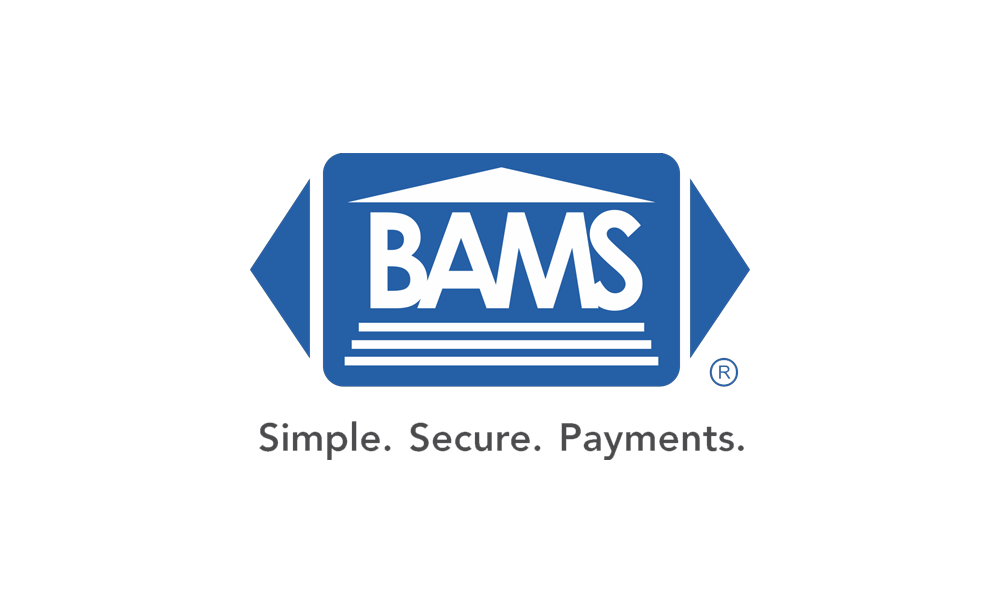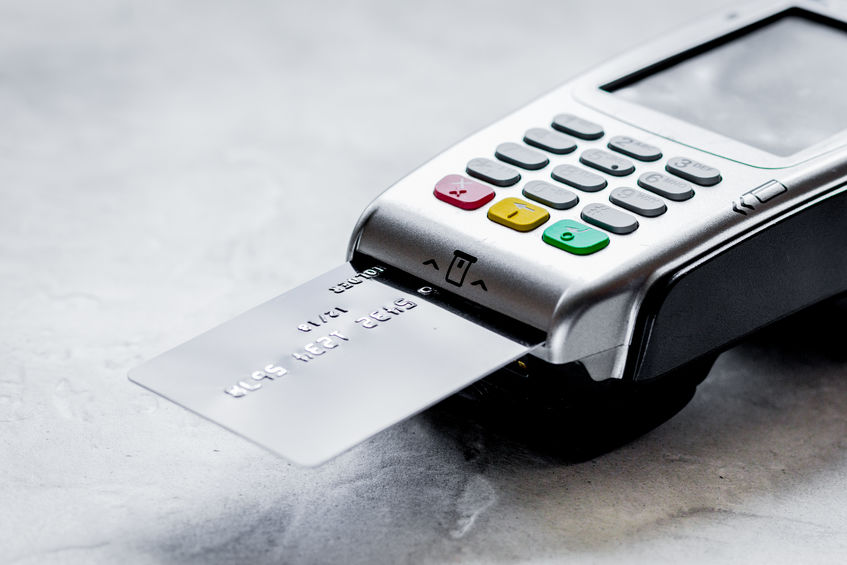How B2B Merchant Account Services Enable Sales to Businesses
B2B payments are a special subset of payment processing that share certain similarities with consumer payments but also have some key differences, namely in the types of technology used to process them. B2B merchant account services are designed to ensure merchants have the reporting and security technology they need to meet the higher standards required by business-to-business and government clients, minimizing the chances a merchant will lose out on a contract due to inadequate systems. Common B2B merchant account services include Level 2 and Level 3 data processing, data tokenization, point-to-point encryption, and more. Together these services provide the heightened transparency and security necessary to meet stakeholder expectations in business and government environments, where transaction sizes are often large.
How Are Business and Government Transactions Different from Consumer Transactions?
When large businesses and government agencies make purchases, they make them through the same channels that most consumers have available to them — payment cards, ACH transfers, wire transfers, etc. But while those transactions move across the same networks as consumer payments, they aren’t necessarily the same.
Large corporations — especially public ones with a responsibility to their shareholders above all else — often have special requirements on the technology used to process their electronic transactions in order to meet three goals:
- Maximized transparency
- Minimized costs
- Minimized risk/maximized security
Most government agencies pursue the same goals since they are ultimately responsible to the citizens whose taxes fund B2G purchases. While maximized transparency is somewhat unique to B2B and B2G customers, minimized costs and risks are goals in all consumer transactions as well. The difference is that, while going the extra mile and offering the best possible security, transparency, and prices are good business practices in B2C sales, in B2B and B2G sales, they’re an absolute requirement, and merchants can and do lose contracts for failing to offer them.
But what do merchants actually have to do to ensure they’re eligible for B2B and B2G sales, and what B2B merchant account services exist to make it as easy as possible for sellers to continuously meet the elevated standards of these high-value customers?
B2B Merchant Account Service: Level 2 and 3 Transaction Processing
Level 2 and Level 3 transaction processing enable the recording of a wealth of data not captured in standard Level 1 B2C transactions. With Level 2, and especially Level 3, up to a dozen additional data points are collected on everything from the buyer and seller locations to product details like units of measure, to duty and freight amounts, and beyond.
The additional data captured by B2B merchant account services like Level 3 processing are important to business and government transactions for two important reasons: transparency and cost.
First and foremost, the additional data captured enables a greater level of transparency in purchasing — an absolutely critical aspect of acquisitions for both large companies responsible to shareholders and governments responsible to taxpayers. It allows better recordkeeping and accounting processes to be followed, minimizes the potential of losses due to fraud, and more.
And, because more information means less risk, Level 2 and Level 3 transactions are also eligible for lower interchange rates from the banks. Interchange rates are the base rates all other processing fees are built on top of, and lower interchange rates mean merchants can pass some of the savings — even if just fractions of a percent — on to the buyer, helping to minimize costs. Even if those savings are marginal, having access to them is a best practice that most large corporations and government agencies adhere to.
B2B Merchant Account Service: Tokenization
The other big factor in B2B and B2G transactions is security. Every transaction should always be as secure as possible regardless of the amount, but understandably, large corporations or government agencies spending large amounts of money are particularly keen to ensure their transactions are walled off from bad actors.
One of the ways to do that is through a B2B merchant account service called tokenization. Tokenization replaces traditional encryption and secures information in such a way that, even if payment data were to be intercepted somewhere during processing, it would be useless to the attacker.
With traditional encryption, sensitive data is encrypted using a key that is then used to decrypt it on the other end. The data is changed through the encryption process, but ultimately, the sensitive information is still there and vulnerable to a bad actor with either the key or enough time and resources to work on exposing it. With tokenization, the sensitive data is replaced entirely by an unrelated token that can be exchanged for the data on the other end. The data itself is stored separately, and the token is irreversible, meaning even if a bad actor gets hold of it, they can’t turn it back into the original data — a security feature that makes tokenization ideal for structured data like credit card numbers, bank accounts, and other sensitive information used in payments.
B2B Merchant Account Service: Point-to-Point Encryption (P2PE)
P2PE is another type of advanced security often required by business and government customers for transactions involving physical payment cards. In essence, P2PE is a B2B merchant account service that enables sellers to encrypt a customer’s payment data the second their card enters a payment terminal, ensuring that data is never in an unencrypted state at any point during a transaction.
With non-P2PE payment terminals, there are brief windows that make the terminal itself vulnerable to attack. Rather than trying to intercept payment data between the merchant and processor, bad actors target the physical terminal to try to capture the data before it’s ever even sent. P2PE closes those small gaps and ensures that even if a cybercriminal gained access to the payment hardware itself, they would never have access to raw customer information.
Finding the Right B2B Merchant Account Services
Businesses looking to ensure they’re in the best possible position to compete for high-value B2B and B2G contracts need to ensure that they have the necessary B2B merchant account services available to them. Not all merchant service providers are created equal, and some, while ideal for smaller merchants processing B2C sales, just do not have the technology, infrastructure, or services available to make large B2B sales possible or practical.
Merchants looking to switch to a provider with a full slate of B2B merchant account services should be careful to ensure that they’re getting not only the services they need, but the best prices as well. For instance, Level 3 transaction processing isn’t useful if the processor charges a flat rate and doesn’t pass on the savings to the merchant.
BAMS offers all the B2B merchant account services necessary to compete for the largest business and government contracts, including Level 2 and Level 3 processing, data tokenization, and P2PE. BAMS also offers interchange-plus pricing, a transparent fee model that dynamically adjusts transaction fees based on the actual interchange rate, ensuring merchants will always enjoy the benefits of lower Level 2 and Level 3 rates.
To find out more about how a BAMS B2B merchant account can help your business access high-value B2B and B2G sales while simultaneously lowering your fees, get started with your free, comprehensive five-point price comparison now.




